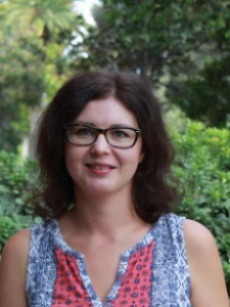SLAT Writing Room
Informal writing sessions for SLAT major and minor students
Dear SLAT major and minor students,
Would you like to be a more productive writer? If you are working on an intensive writing project like a dissertation, journal article, course paper, or grant proposal, and you would like to increase your writing productivity in a safe and friendly space, consider joining the SLAT Writing Room this Fall 2024!
Each focused one and a half hour session is set up to have unstructured writing time with short breaks, followed by a short discussion aimed at helping you improve your writing productivity. This is an informal way to create accountability, meet a few SLAT friends, and get some writing done.
The sessions will be on Zoom every Tuesday morning, from 9:30 am – 11:00 am (Arizona time). The first session will take place on Tuesday, September 3, and the sessions will continue until December 10. The recurring Zoom link for the sessions is: https://arizona.zoom.us/j/86592859836
No advance registration necessary – just show up and work on your writing goals!
Please reach out to Kate (kateshea@arizona.edu) or Angus (leydic@arizona.edu) with any questions.




